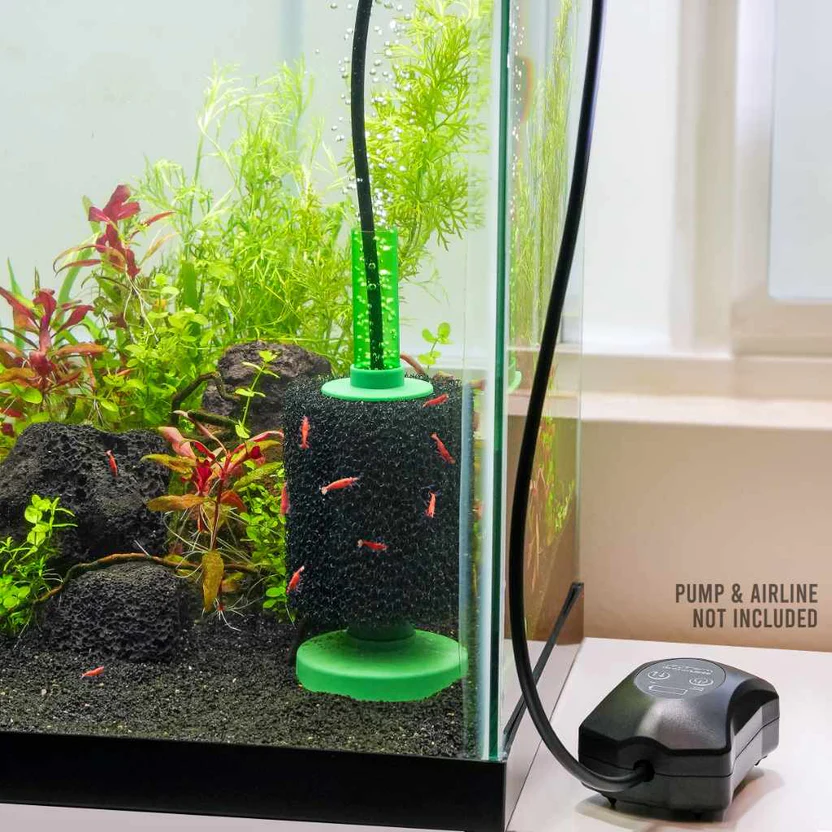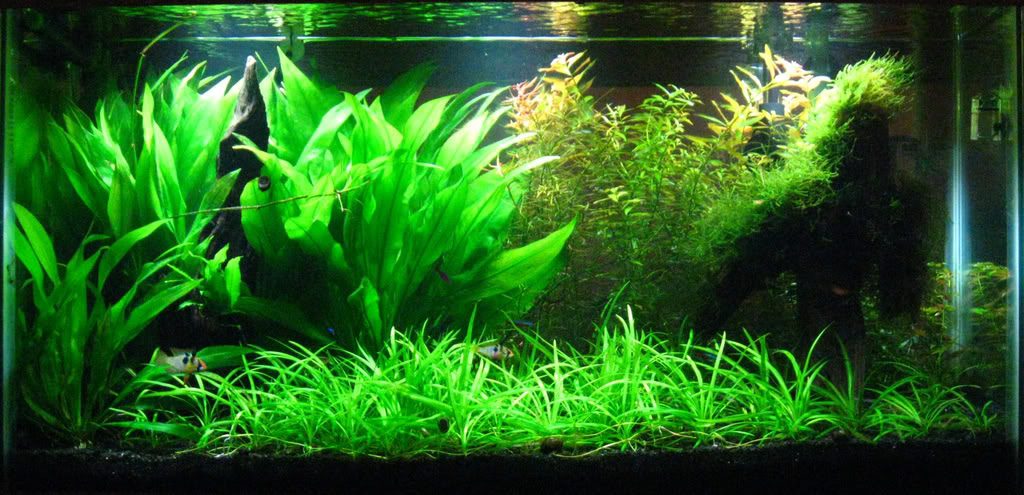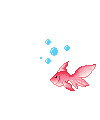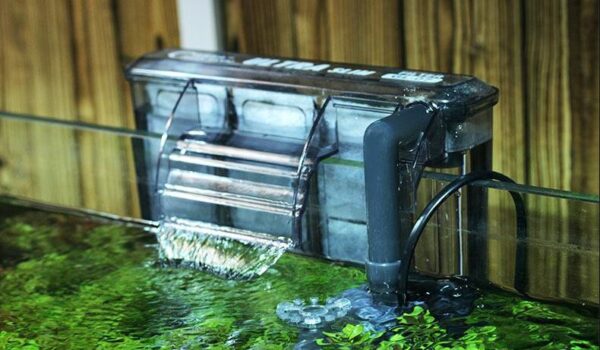There are plenty of different kinds of aquarium filters, and they all have different benefits. The question becomes, what filter is the best for the tank setup you’re going for? Maybe you’re wanting a filter that is going to make your tank really clean and will mean less maintenance. Or maybe you want a filter that you’re able to hide so it doesn’t ruin the aesthetic of your tank. You might want a filter that makes the water slower, so maybe if you have a long-finned fish, you want slower water movement. All these can be done; you just have to know what filter will work for you.
Hang on Back Filter
The hang-on-back filter has to be the most popular filter out there. It is also the filter most beginners use because it comes in the beginner aquarium kits, but coming in aquarium kits doesn’t necessarily mean it’s the best. The hang-on-back filter definitely has some really good things going for it, like the chemical filtration. The hang-on-back filter is the easiest and possibly the best way to get consistent chemical filtration. Chemical filtration usually uses Activated Carbon. The Activated Carbon is a chemical that removes impurities from the water. Activated carbon is usually stored in a filter cartridge that you place in a filter. The activated carbon cartridge can get so full of impurities that it will stop collecting because it’s full, and that’s when you need to change the filter cartridge out for a new one. The main downside to a hang-on-back filter is that, well, it hangs on the back of your tank, and it will look big and bulky. Hang-on-back doesn’t look good aesthetically, but it works very well. Another downside to the hang-on-back filter is the water comes out of it like a waterfall, generally creating a powerful current, so it might not be the best option for you if you have slow-moving long-finned fish.

Sponge Filter
Sponge filters have to be my favorite kind of filter, and that is for a few reasons. One of the reasons it’s my favorite is because it is not as big and bulky as the hang-on-back filter. Another reason why I love sponge filters is they are very cheap compared to other kinds of filters. The sponge filter runs on an air pump; you stick an air pump line down the center of the tube and into the center of the filter, as you see below. Sponge filters specialize in mechanical filtration. Mechanical filtration is where the water gets filtered through a sponge or mat, and the debris stays on the sponge. After a while, the sponge will have loads of debris on it and need to empty it out. The sponge filter is really good if you want high levels of oxygen without the strong current. If you’re looking for something a smaller, more cost-effective filter, the sponge filter is right for you. If you’re planning on buying yourself a sponge filter, I highly recommend you try out Aquarium Co-op’s sponge filter; they’ve improved the basic version and now have the best sponge filter on the market right now. Check out their sponge filter right here at aquarium co-op. The image below contains there product, as you can see it blends well with plants and substrate.

Plant filters/biological filtration
Biological filtration has to do with plants and bacteria in the aquarium. The whole process is natural, which in most cases makes it a lot more effective and safe. Plants are a perfect way to make a tank look better and make the fish feel better. Plants take ammonia, nitrites, nitrates, and other water variables to grow, therefore making something like ammonia, which is deadly for fish, not much of a problem anymore. Keeping plants in an aquarium is really a win-win; the only downside to keeping plants is that you might need to remove algae from them or put in a type of fertilizer to help them grow. Another thing you can do is keep either a hang-on-back or sponge filter with plants. In my opinion, the best way to filter a tank is to keep not only aquarium plants but also one type of filter. If you’re wanting to get some aquarium plants for your tank, check out my article Top 5 Aquarium Plants For Beginners.

If you have any questions about filtration or other questions about fishkeeping let me know in the comments below.

